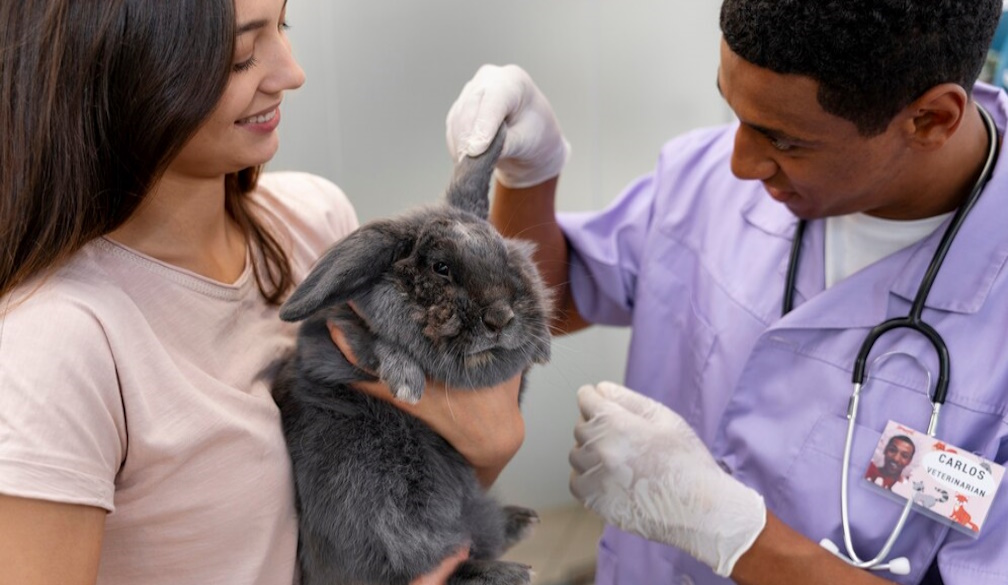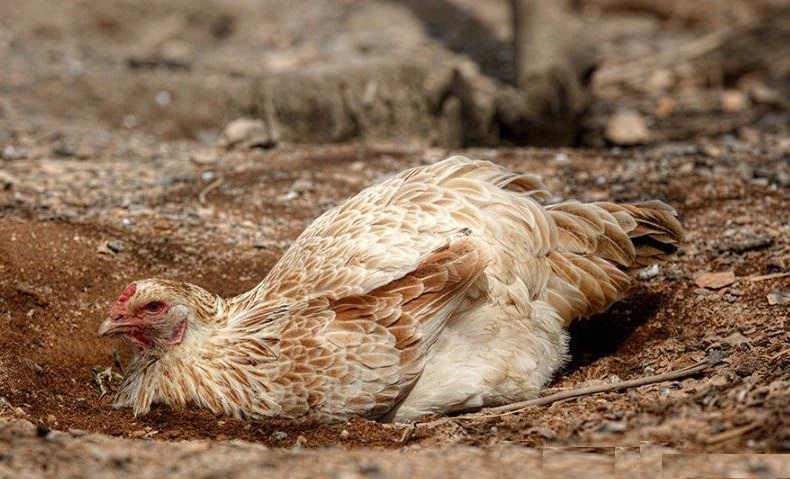The Importance of Regular Vet Checkups: What to Expect and Why It Matters

Owning a pet infuses life with deep joy, yet that joy carries a duty to safeguard their health and vitality. Among the pillars of pet care, routine vet checkups loom as the most vital. These visits catch illness early, track ongoing health challenges, and guide you in nurturing a robust lifestyle for your companion. Whether you care for a high-energy Australian Shepherd, a small Cavoodle, or a curious Dachshund, regular vet visits anchor your pet’s well-being.
The Role of Routine Vet Visits
Veterinary check ups serve as shields against future health issues. These visits protect your pet across different stages of life, from puppyhood or kittenhood to their senior years. Like humans, pets often conceal illness until conditions advance, complicating treatment. Routine checkups allow veterinarians to detect subtle shifts in behaviour, body condition, or how your pet interacts with you.
Labradors, known for their hearty appetites and energy, may disguise weight problems. A vet can determine if your Labrador holds a healthy weight or needs a refined diet and exercise plan to stave off obesity—a common risk in the breed. For smaller dogs like French Bulldogs, prone to respiratory troubles, a vet may concentrate on breathing and assess if their environment supports their unique health needs.
What to Expect During a Vet Checkup
During a vet visit, expect a thorough assessment of your pet’s overall condition. Vets follow a structured process to leave no aspect of your pet’s health untouched. Here’s what typically unfolds:
- Physical Examination
The vet starts with a full-body inspection, looking over your pet’s eyes, ears, nose, teeth, and coat. For breeds like the Cocker Spaniel, vets scrutinise the ears, as these breeds tend toward infections. Meanwhile, Golden Retrievers, with thick coats, need extra attention for skin infections or parasites.
Your vet will also listen to your pet’s heart and lungs. This proves vital for brachycephalic breeds like the French Bulldog, which suffer from breathing challenges due to their head shape. A quick check of the heart and lungs can detect early signs of brachycephalic obstructive airway syndrome (BOAS).
- Weight and Body Condition Score
Maintaining healthy weight bolsters long-term well-being. The vet weighs your pet and assigns a body condition score, from underweight to obese. Active breeds like the Australian Shepherd may naturally balance their weight with regular activity. Others, such as the Dachshund, need close attention due to their propensity for obesity, which stresses their long spines and invites back issues.
- Dental Health Evaluation
Dental health remains a critical aspect of pet care, often ignored. During a routine checkup, your vet will examine teeth and gums for tartar buildup, gum disease, or fractures. Dental problems can trigger infections that might spread to the heart or kidneys.
Cavalier King Charles Spaniels, with their small mouths, often suffer from overcrowded teeth and plaque buildup, making dental care essential. Meanwhile, dogs with longer snouts, like Golden Retrievers, may develop fractures from chewing on hard objects.
Your vet might suggest professional cleaning or tooth extractions if necessary. They also offer guidance on home dental care, such as brushing your pet’s teeth or offering dental chews.
- Vaccinations and Parasite Prevention
Vaccinations form a crucial part of checkups. Depending on age and lifestyle, your vet decides which vaccinations suit your pet. Puppies like a young Poodle need several vaccines to shield them from parvovirus, distemper, and rabies.
Parasite prevention also takes priority. Fleas, ticks, heartworms, and intestinal parasites pose severe risks if left unchecked. Outdoor breeds, like the Labrador Retriever or Australian Shepherd, face higher exposure to ticks and fleas, especially in warmer seasons. Regular vet visits ensure your pet receives the right preventive treatments for their lifestyle.
- Nutrition and Diet Guidance
Diet shapes your pet’s health. During the checkup, the vet will assess whether your pet’s current diet aligns with their nutritional needs. This holds great importance as pets age, and their dietary requirements shift.
For instance, a puppy Cavoodle needs protein-rich food to support growth, while an older Golden Retriever benefits from a senior dog diet to promote joint health and counter obesity. Dachshunds, prone to weight gain, need dietary adjustments to prevent strain on their spines.
Vet visits provide the perfect opportunity to discuss any changes in your pet’s appetite or eating habits. A sudden loss of appetite or unexplained weight gain might signal health concerns, which the vet can investigate further.
- Behavioural Assessment
Your vet also checks for behavioural changes that might indicate underlying health issues. For example, an energetic Australian Shepherd might become sluggish, or a friendly French Bulldog might start showing signs of aggression or anxiety.
Behavioural shifts often stem from pain, illness, or stress. Regular vet visits allow for early detection of these issues, enabling the vet to suggest interventions like training or medication.
- Age-Specific Health Concerns
As pets grow older, their health needs shift, making regular vet checkups crucial. For younger dogs, like a playful Cocker Spaniel, checkups focus on vaccinations, nutrition, and behavioural development. As they age, attention turns to managing chronic conditions like arthritis, diabetes, or dental disease.
Larger breeds, such as Golden Retrievers and Labradors, often struggle with joint issues in their senior years. Routine joint checks during vet visits allow for timely treatment. For smaller breeds like Dachshunds, age-related concerns include spinal issues. Regular visits can catch these conditions early, helping to manage them for better quality of life.
Senior pets often require more frequent checkups, as age-related illnesses can advance quickly. Your vet might suggest blood work or urinalysis to monitor organ function and detect early signs of kidney or liver problems.
Why Regular Checkups Matter
Routine checkups lay the groundwork for preventive health care. Early detection of potential problems allows for treatment before they escalate. For instance, a routine dental exam might reveal gum disease, treatable with a simple cleaning, preventing tooth extractions or infections later.
Conditions like heart disease, diabetes, or cancer benefit greatly from early detection. This proves especially true for breeds like the Cavalier King Charles Spaniel, prone to heart problems, or Labradors, which may develop joint issues. Regular checkups monitor these conditions, giving your pet a chance at a longer, healthier life.
Checkups also ensure that your pet’s vaccinations, parasite prevention, and nutritional needs remain up-to-date. This comprehensive approach helps safeguard your pet from preventable diseases and common health risks.
Building a Relationship with Your Vet
Another vital aspect of routine vet visits is building a relationship with your veterinarian. When your vet knows your pet’s history and health patterns, they provide more tailored care. If your Cocker Spaniel starts acting differently, a vet familiar with your pet can identify subtle problems that a new vet might overlook.
A long-term relationship with your vet also helps you address health concerns as they arise. You can discuss changes in your pet’s behaviour, appetite, or energy levels, and your vet can suggest further testing or tailored advice.
Ensuring a Healthy, Happy Life for Your Pet
Routine vet checkups offer the surest path to a healthy, happy pet. Whether you care for an energetic Australian Shepherd or a small Cavoodle, these visits catch health problems early, update vaccinations, and ensure your pet stays on the right diet and preventive care plan.
By staying vigilant and maintaining regular vet visits, you give your pet the best chance to thrive through every stage of life. A healthy pet leads to a joyful life, and routine vet visits anchor that responsibility for every pet owner.

















